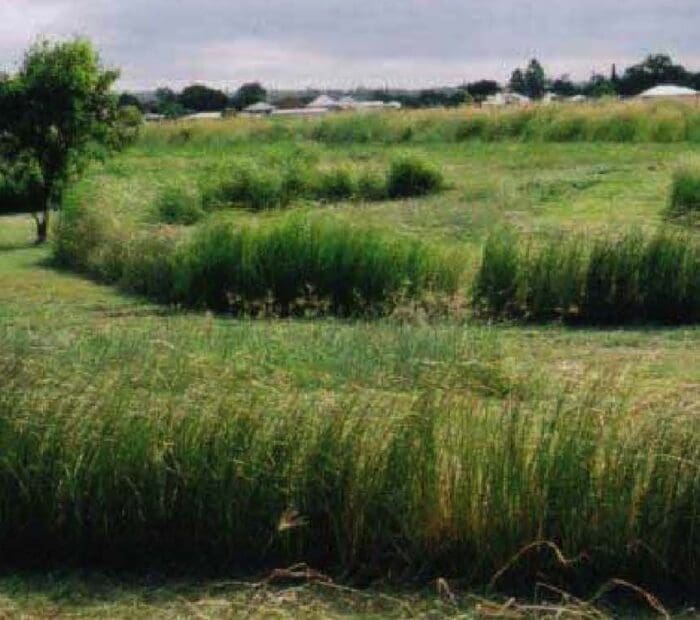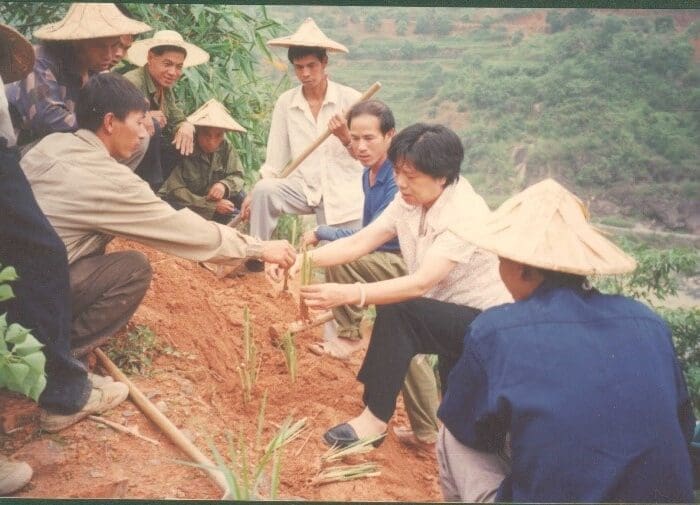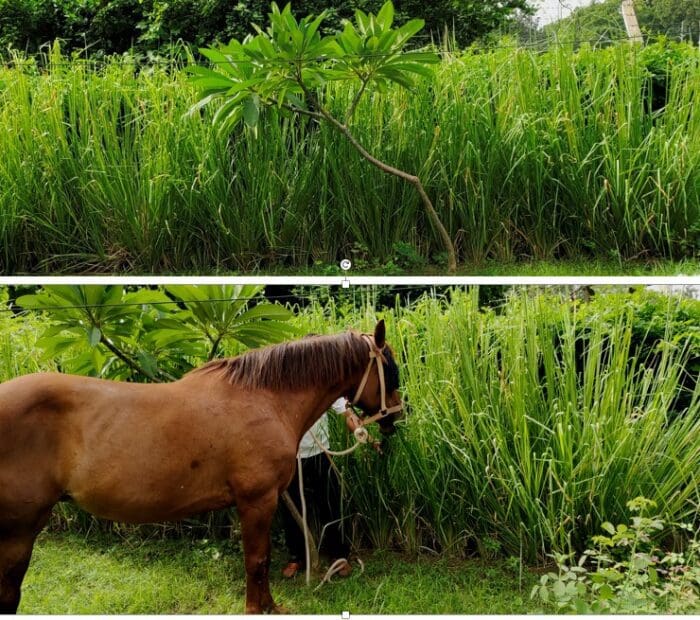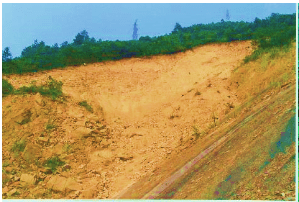Nature Based Infrastructure (NBI), the role for Vetiver Grass Technology
A recent report, ”How Can Investment in Nature Close the Infrastructure Gap?”, dated August 2021, from the Nature-Based Infrastructure Global Resource Center made the case for nature based solutions for the development and maintenance of infrastructure. Nature based infrastructure NBI is on average 50% cheaper and 28% better value for money. If used extensively it could save $248 billion out of an annual estimated $4.29 trillion cost annually for infrastructure in addition an estimated $189 billion could come from additional benefits.… Read the rest “Nature Based Infrastructure (NBI), the role for Vetiver Grass Technology”




